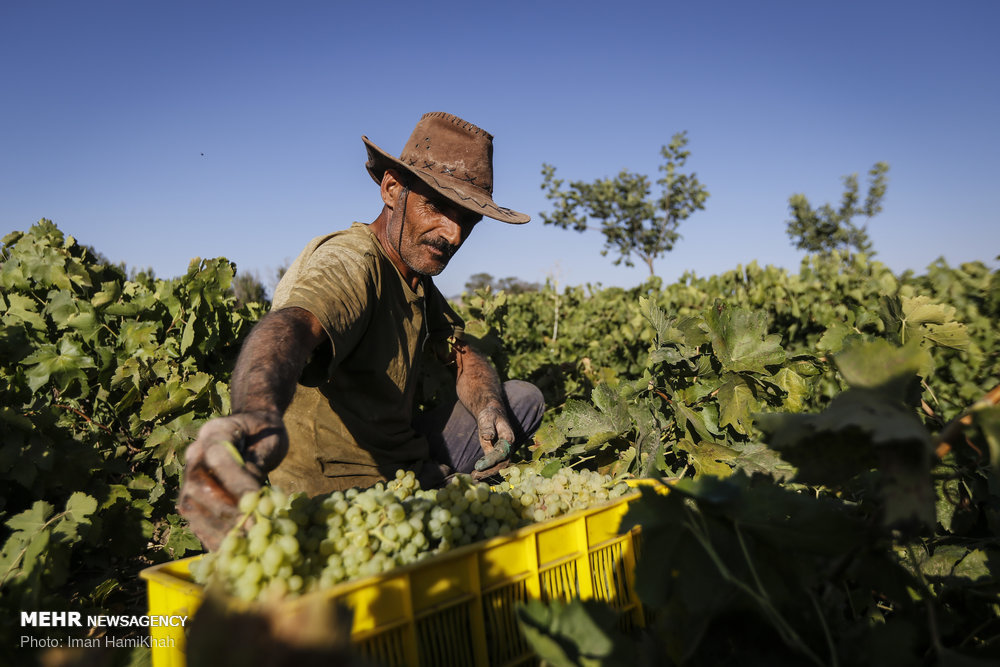Iran’s grape agricultural heritage gains worldwide fame

TEHRAN – Iran’s Jowzan Valley traditional grape cultivation system has formally been recognized as Globally Important Agricultural Heritage System, during a meeting of the GIAHS Scientific Advisory Group, which was held in Rome from November 28 to 30.
The same privilege was also granted to Italy’s Soave vineyards as the group approved their unique ways of growing grapes and grape-based products using traditional practices and knowledge while preserving biodiversity and ecosystems.
It is the second time that sites in Italy and Iran are added to the global agricultural heritage systems list. FAO's global agricultural heritage network now consists of 54 remarkable landscapes in 21 countries around the globe, FAO website reported.
The selection criteria includes that sites be of global importance, have value as a public good in terms of supporting food and livelihood security, agro-biodiversity, knowledge systems, adapted technologies, and culture, and have outstanding landscapes.
According to the FAO, Jowzan’s farmers make the grape cultivation possible in extreme cold conditions thanks to unique techniques while traditional knowledge and tools allow the farmers to process more than 40 different grape products out of 130 different grape varieties.
“This, together with higher yield per hectare, unique skills of gardeners, the right sugar level - are all factors that make grapes cultivation and raisins of the Jowzan Valley different from other parts of the country and a top seller among the consumers.”
Over the years, the system has significantly improved the people's living standards, but also provided an impetus for tourism development, and a unique opportunity to boost rural economy.
Jowzan Valley is situated in Malayer county, Hamedan province.
AFM/MQ/MG
Leave a Comment